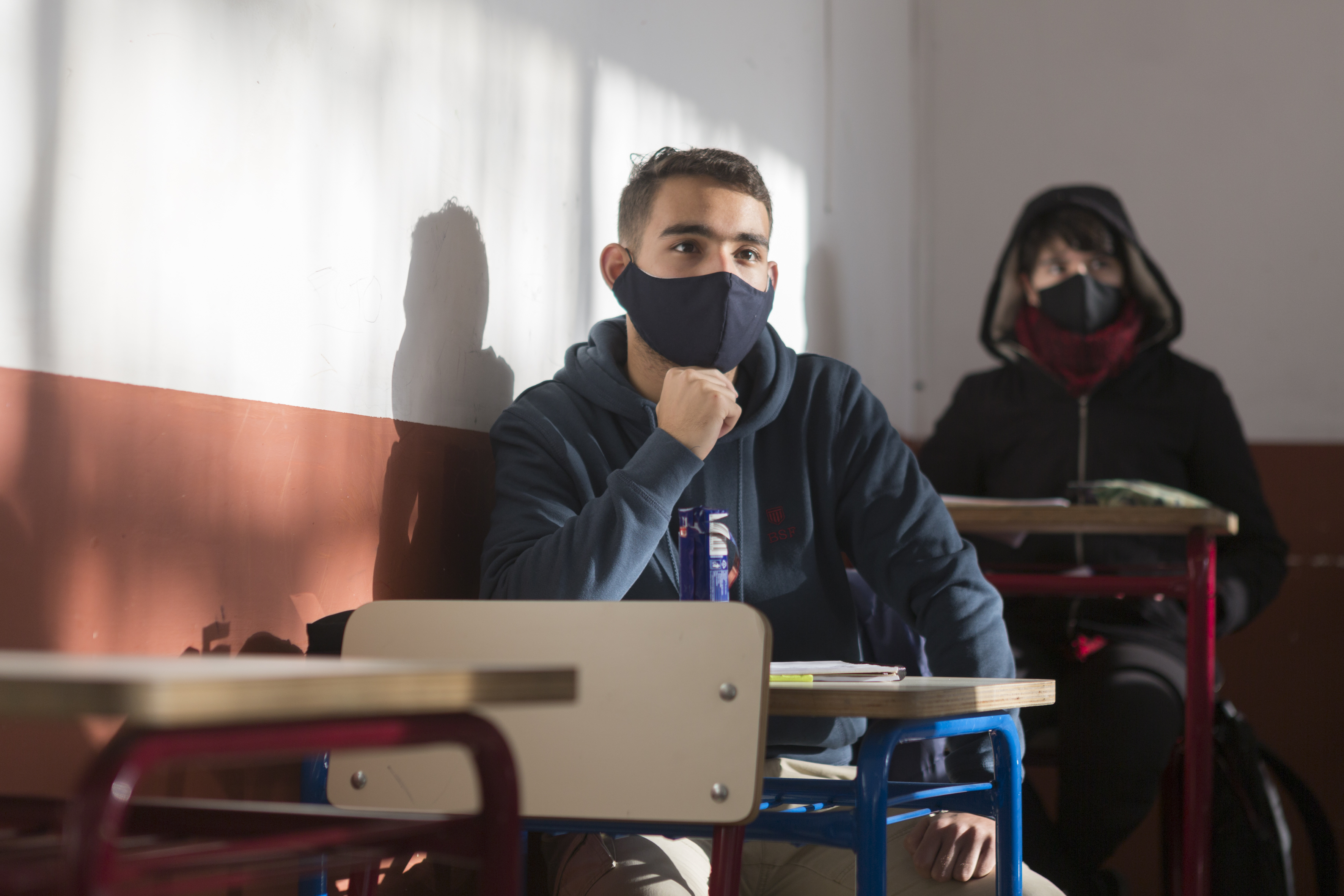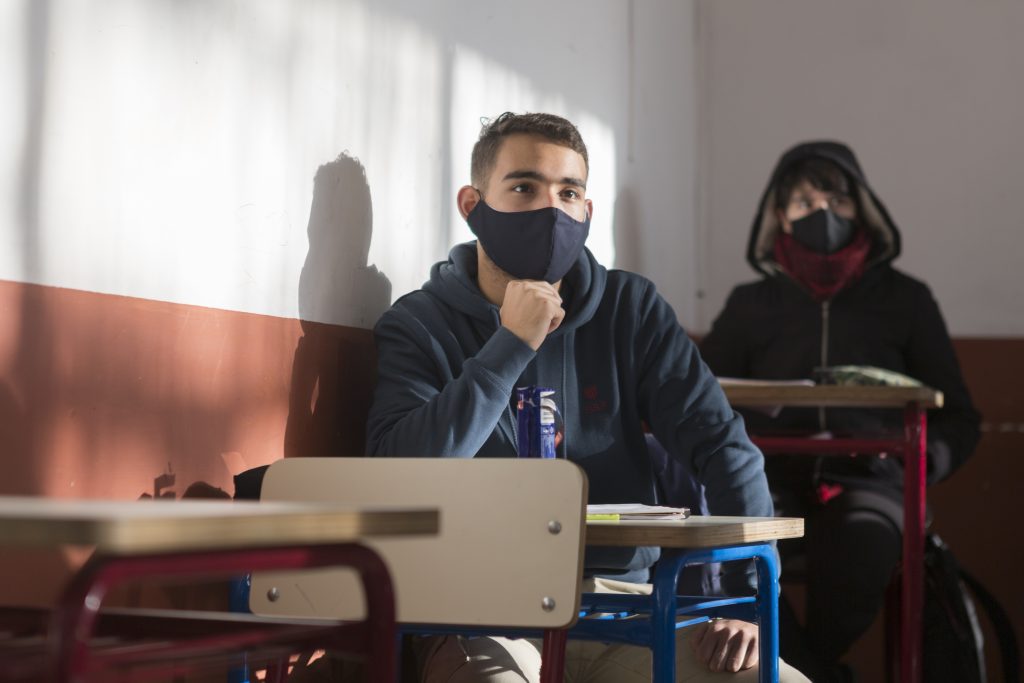Varying populations—in size, socioeconomic, political, and cultural diversity—across Latin America have made for distinct COVID-19 responses. From success stories that cause cautious optimism to the effects of prioritization of commerce over health (familiar to those of us living in the U.S.), we’re looking to keep you updated on the virus beyond global media’s fascination with Trump’s Brazilian primo Bolsonaro—from Queens to Quito and more. Here are some pandemic updates from across Latin America:
- In Mexico, President Andrés Manuel Lopez Obrador, aka AMLO, announced that the COVID-19 vaccine the nation is developing with Argentina will be free for all Mexicans. Yet, this declaration does not mean that the vaccine will be universally offered to all Mexicans as it’s ultimately up to the Secretary of Public Health to decide who qualifies for the vaccine once it’s approved.
- Meanwhile, there’s reportedly an uptick in “anti-cuarentena” demonstrations across Buenos Aires, Argentina. Many believe that conservative pundits, along with the center-right party Propuesta Republicana (PRO), motivated protestors through a tweet that cited national hero General Don José de San Martín, who said: “One man screaming makes more noise than one million remaining silent.” Beyond claims that COVID-19 is a hoax, protestors are primarily calling for liberty and criticizing recent legislation from center-left President Alberto Fernández.
- In the relatively good news department, Uruguay and Guyana reportedly have no cases of community transmission, according to standards recently released by the World Health Organization. While both nations still have sporadic outbreaks, the lack of community transmission will make controlling the virus far more manageable. Rather than calling for celebration, Uruguay’s Secretary of Health advised Uruguayans to continue to adhere to social distancing recommendations.
- Panama is in the early stages of reopening barbershops, beauty parlors and other small businesses in an effort to boost the economy after five months of quarantine. Even though health officials are calling for folks to continue wearing masks and follow social distancing measures, the push to reopen Latin America’s most-rapidly expanding economy appears motivated by capital rather than stability. Though there’s been some stabilization in the past few weeks, the average number of daily infections remains above 1,000 with an infection rate of 30%.
- Colombia is reportedly the country with the 8th highest number of COVID-19 infections worldwide. According to Bloomberg, the fatality rates in the past weeks have been the highest internationally, with 43.1 deaths per million. According to the Ministry of Health, the majority of cases are concentrated in Bogotá. Unfortunately, infections show no sign of slowing with over 11,000 new diagnoses on Sunday and 287 deaths.




